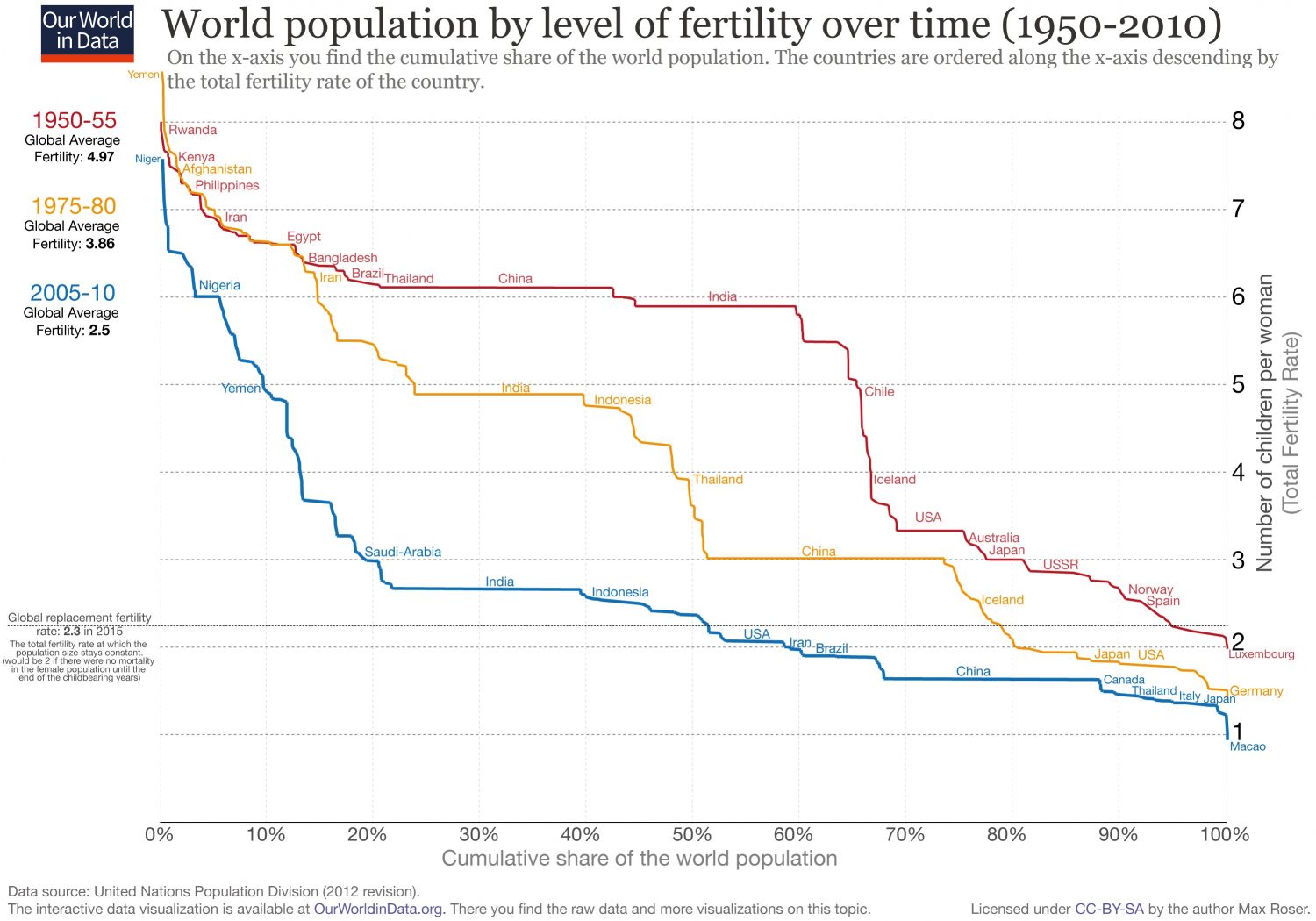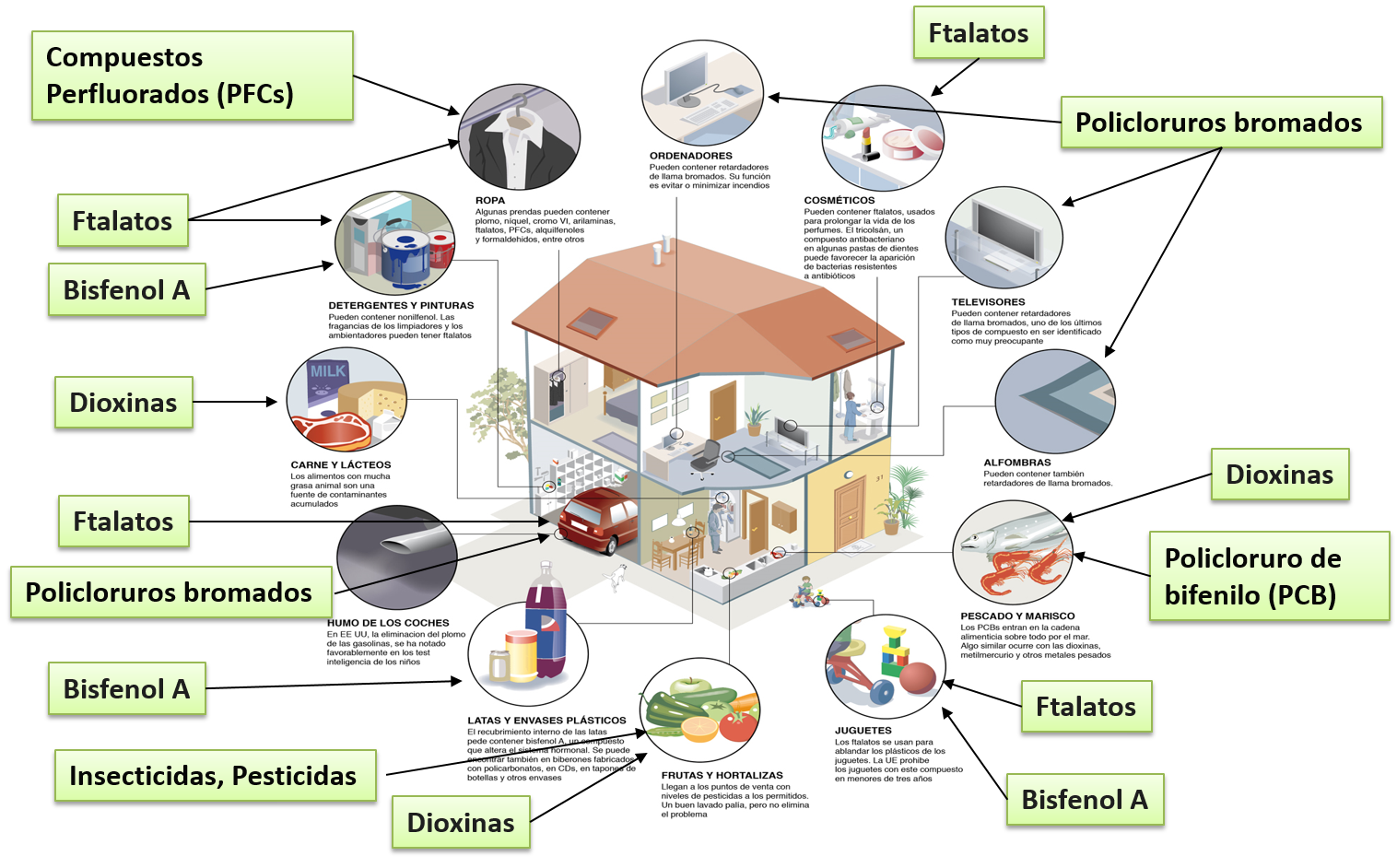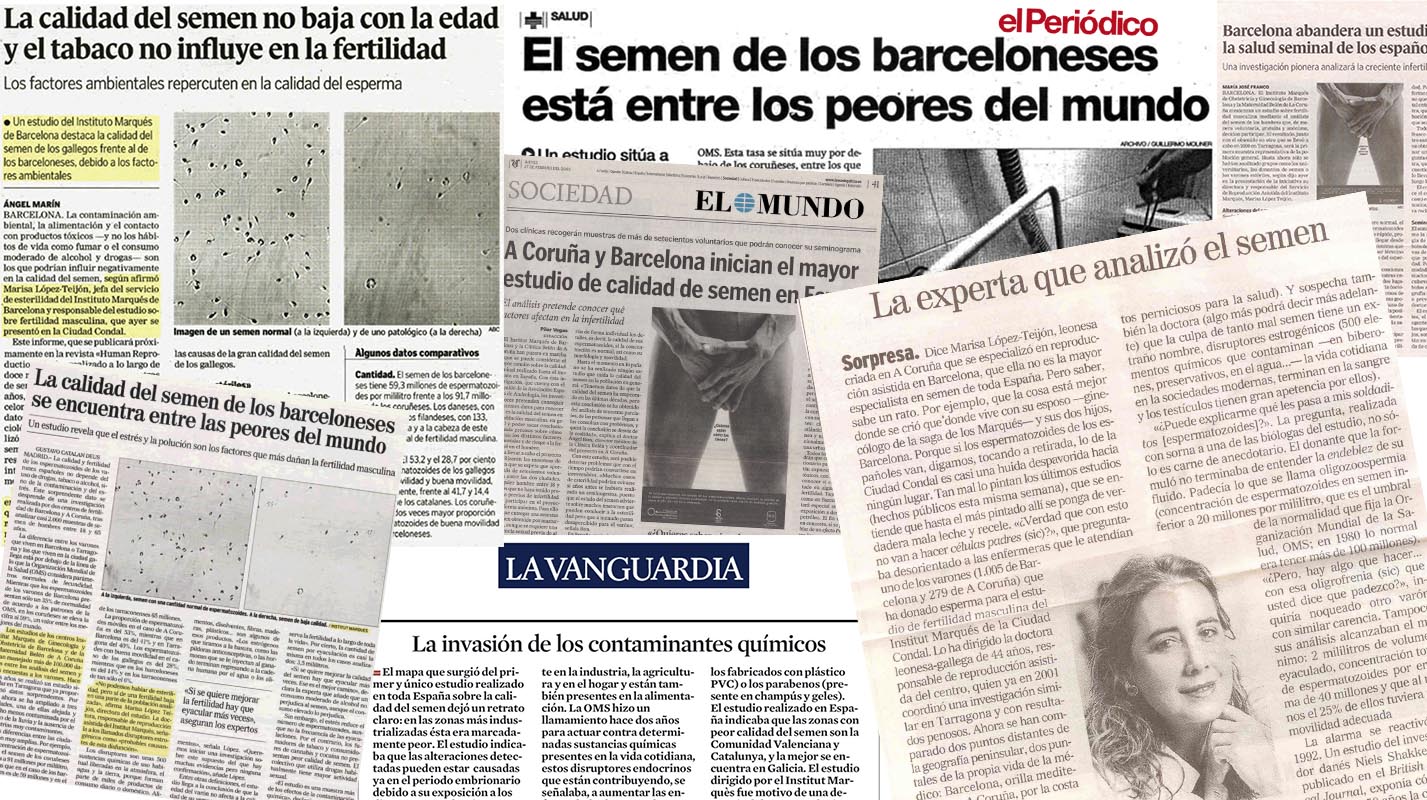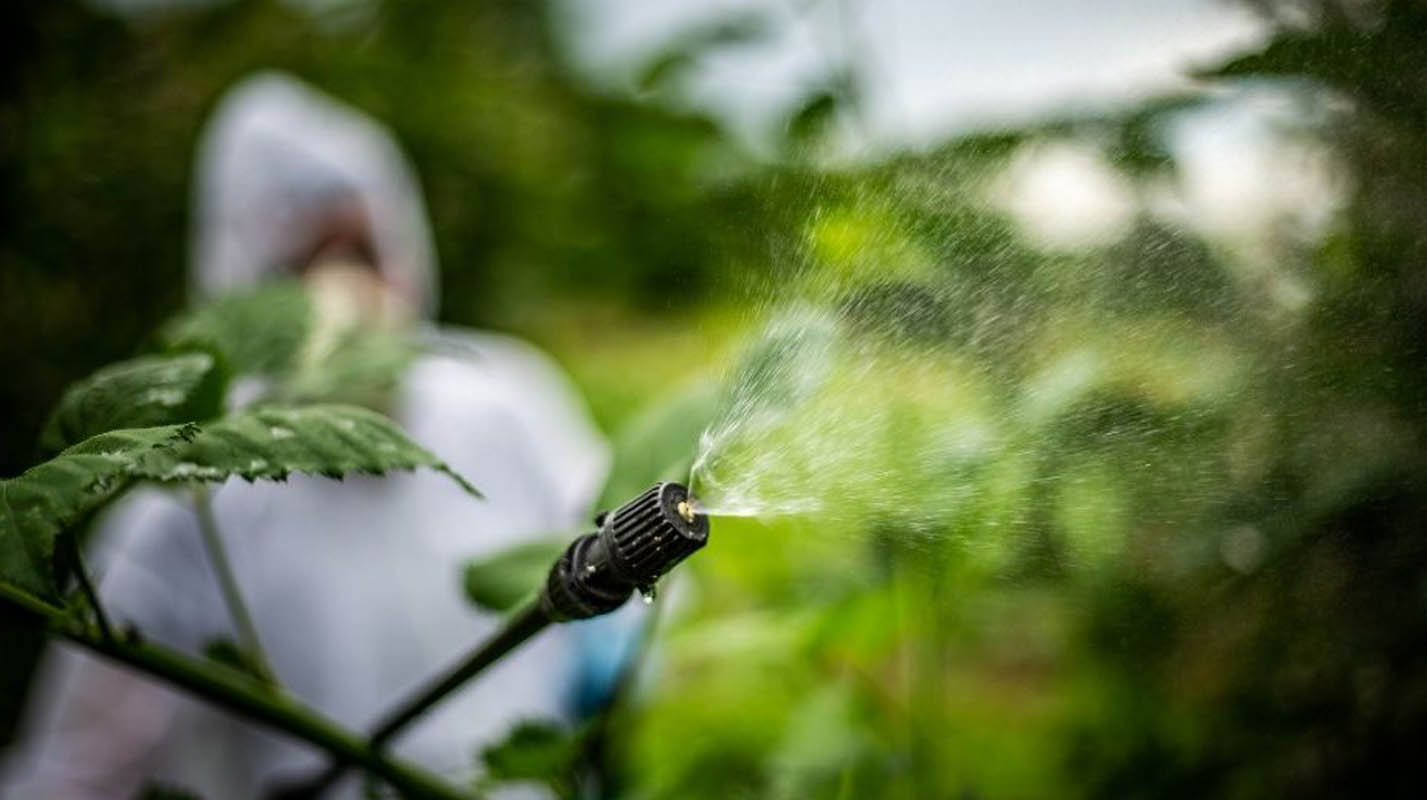FIRST STUDY ON SEMEN QUALITY
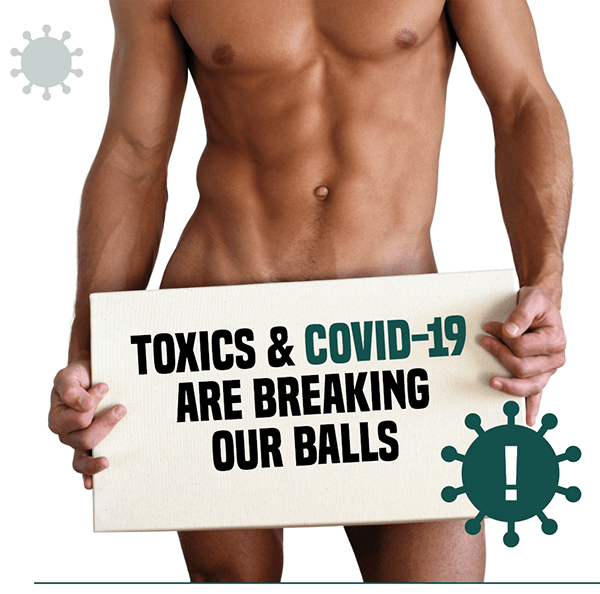
The main goal of this study is to analyse the semen quality of Irish men over 18 years old. The research fits in a context of concern by the decline in the semen quality in males from developed countries, as well as by an increase in fertility problems, in which the male factor plays a role in more than 50% of the cases.
Furthermore, taking into account the health crisis situation caused by Covid-19, the study will allow us to know the quality of the sperm in relation to the pandemic and to determine the possible impact of Covid-19 on the male reproductive function.
So far, information on the latter has been based on small samples, often encountering contradictory information. For this reason, in order to obtain a sufficiently large sample to determine whether COVID-19 affects sperm quality, our goal is to achieve a high participation rate, both from men who have been in contact with the virus or who have had the disease, and also from those who did not get infected. In this way, we will be able to compare the results and determine if SARS-CoV-2 affects male fertility.
Environmental pollutants and some virus like the one causing Covid-19 may be impacting the quality of your sperm. Your fertility depends on it.
Amongst the main factors of the decline of male fertility, we find environmental pollution caused by the so-called persistent organic pollutants (POPs), which are chemical substances that exponentially accumulate in the organism as we go up in the food chain. Some of these substances act as endocrine disruptors; they behave like a hormone without being one. In the case of the estrogenic disruptors, they act like female hormones, altering the testicular development of the foetus during pregnancy.
Previous studies on male fertility carried out by Institut Marquès in Spain determined a worse semen quality in those areas with a higher presence of this type of chemical substances.
The results of this study will allow us to determine the reproductive health degree of the Irish male population, compared with other parameters established by the World Health Organization and with other countries. It presupposes that the result of the study will be that there is a decrease in the quality of semen.
The number of males, which can only become parents through sperm bank, is increasing.
Whether you take part in the study or not, you can ask for a first medical consultation.
FREE OF CHARGE AND ANONYMOUSLY
OTHER USEFUL INFORMATION
After assessing the impact of pollution in health and fertility, Institut Marquès has decided to play its part to fight against this worrying trend, to the extent possible. This is why we have launched the Forest of Embryos, a Corporate Social Responsibility project in collaboration with the environmental organisation “L’Escurçó” in Tarragona. With their help, we are planting a tree for each child born thanks to our Assisted Reproduction treatments.
The study, which we have previously carried out in Spain with significant impact among both the scientific area and the public, is now being carried out in other European countries. The goal is to determine the fertility degree, as well as the reproductive health of the male population in each one of the countries, compared to the parameters established by the World Health Organisation.
Institut Marquès, as a medical centre, and its CEO, Dr Marisa López- Teijón support the manifesto from “Citizens for Science in Pesticide Regulation”. This is a citizen’s coalition formed by civil society organisations, institutions, researchers and legal experts. The platform claims for an independent regulation without vested interests.

